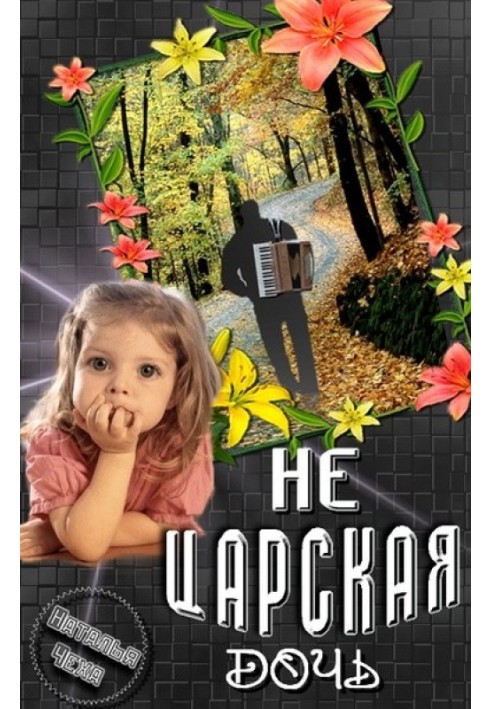Not the king's daughter
 Instant download
Instant download
after payment (24/7)
 Wide range of formats
Wide range of formats
(for all gadgets)
 Full book
Full book
(including for Apple and Android)
One of her grandmothers, a noblewoman, was born and raised in hard labor, in a family of exiled terrorist militants, surrounded by barred windows and wooden camp bunks. Did she manage to be released from prison? The other, a farm laborer, was nurtured by the communist idea and, barely fledged, tied a red scarf around her short-cropped head - a feminist symbol of the post-revolutionary era. Did this affect her destiny as a woman? Her mother was born in 1937, at that very time when for every breath it was customary to thank not her parents, but the Kremlin Mustache. Did the Great Stalin manage to make his daughters happy? The heroine of the story herself is a child of the 60s, a time of change and thaw, which, it seemed, would melt and warm the souls of Soviet people tired of experiments and allow them, finally, to truly breathe freely and deeply in the vast and rich native country. Were these hopes justified? How did the daughter of the “sixties” grow up? What did she inherit through her female line? Have its representatives gained the long-desired freedom, or have they all remained forever “children of camps” - state or their own, internal ones? About this - intelligently, psychologically, honestly, in some ways even mercilessly and too frankly, impartially revealing the truth , which was kept secret for many years, without embellishment or self-pity, Natalya Chekha managed to write. Excellent language and depth of insight into the essence of things place this book among the best works of modern Russian prose.
Data sheet
- Name of the Author
- Наталья Чеха
- Language
- Russian












